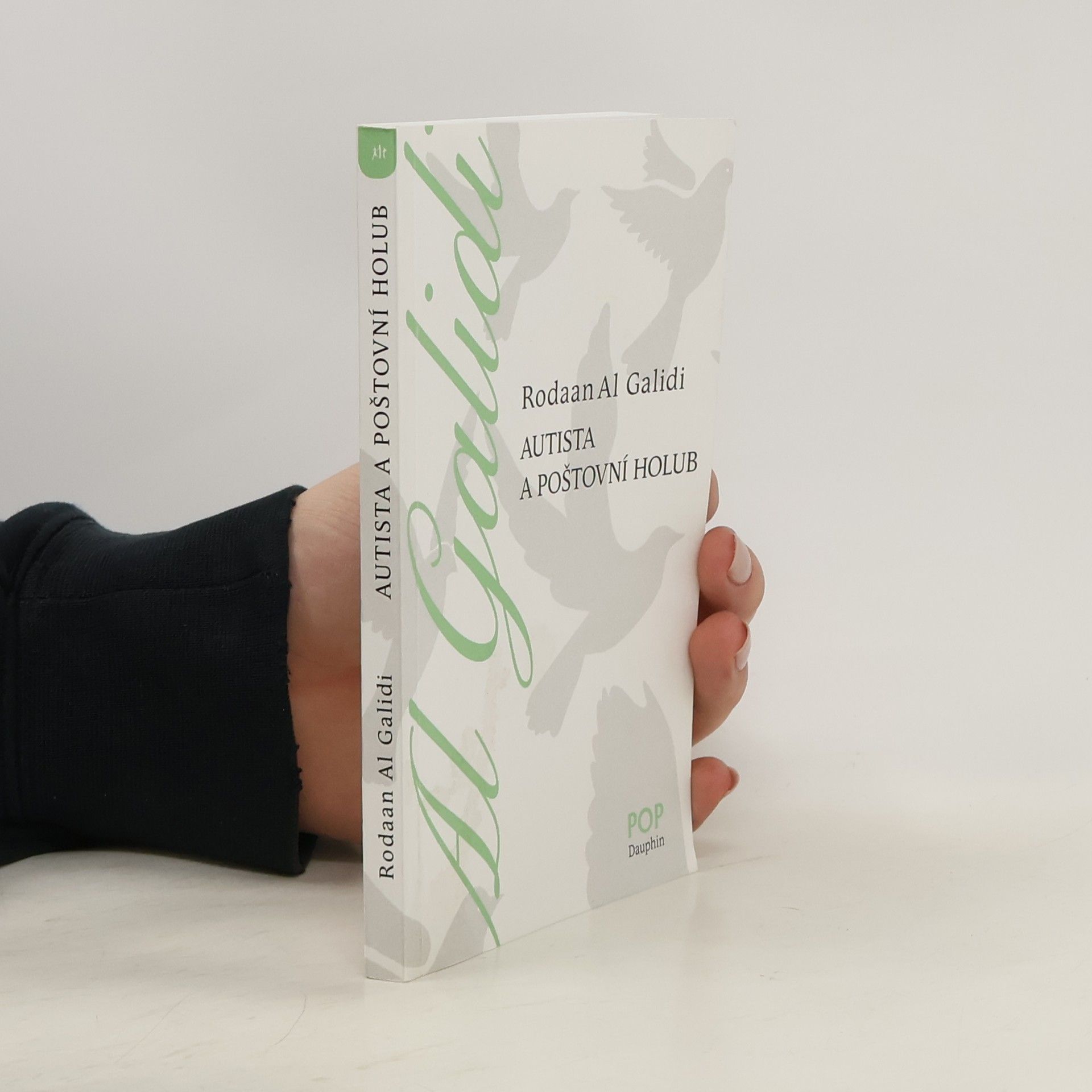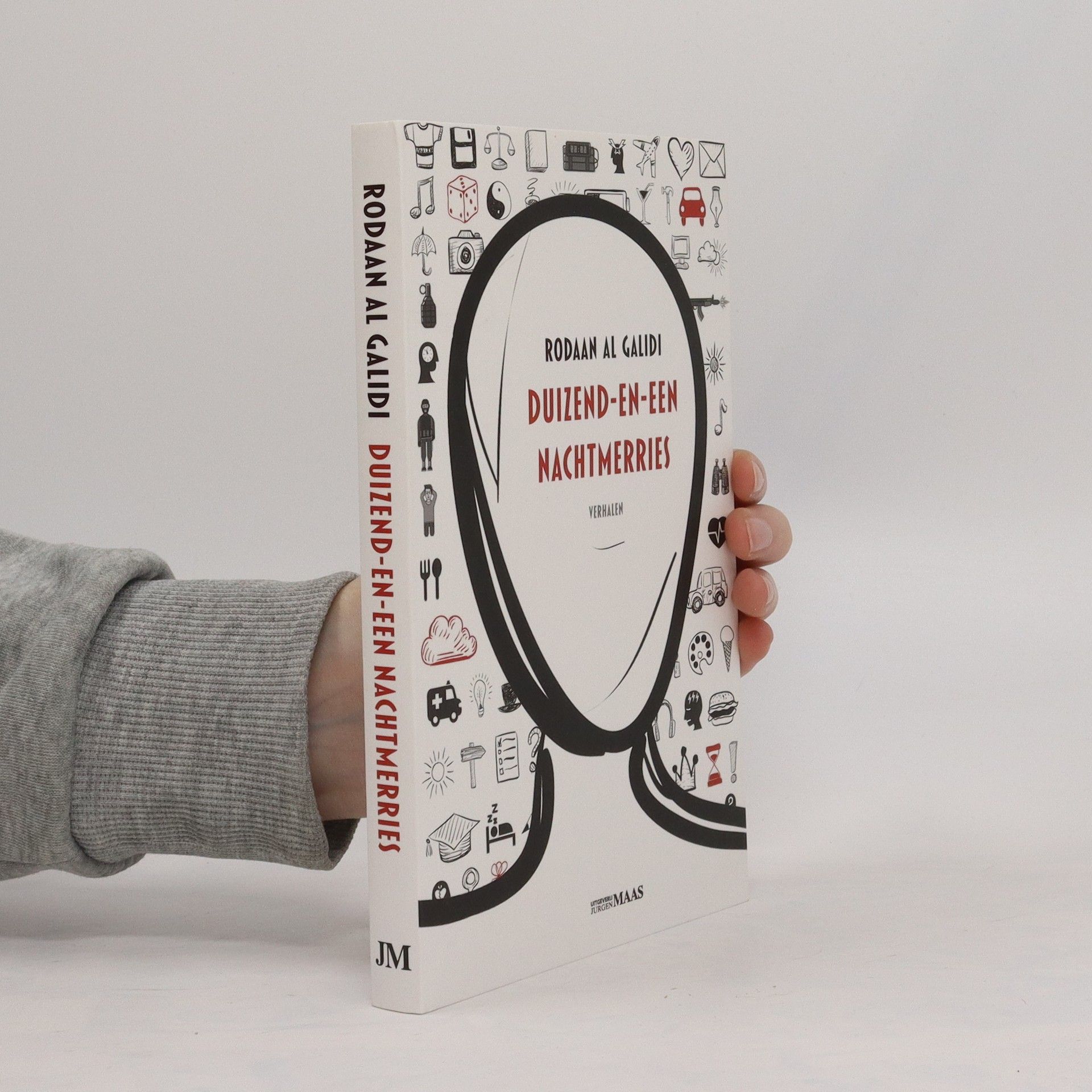Two Blankets, Three Sheets
- 400pages
- 14 heures de lecture
Amsterdam Airport, 1998. Samir Karim steps off a plane from Vietnam, flushes his fake passport down the toilet, and requests asylum. Now, safely in the heart of Europe, he is sent to an asylum center and assigned a bed in a shared dorm where he will spend the next nine years. As he navigates his way around the absurdities of Dutch bureaucracy, Samir tries his best to get along with his 500 new housemates. Told with compassion and a unique sense of humor, this is an inspiring tale of survival, a close-up view of the hidden world of refugees and human smugglers, and a sobering reflection of our times.



